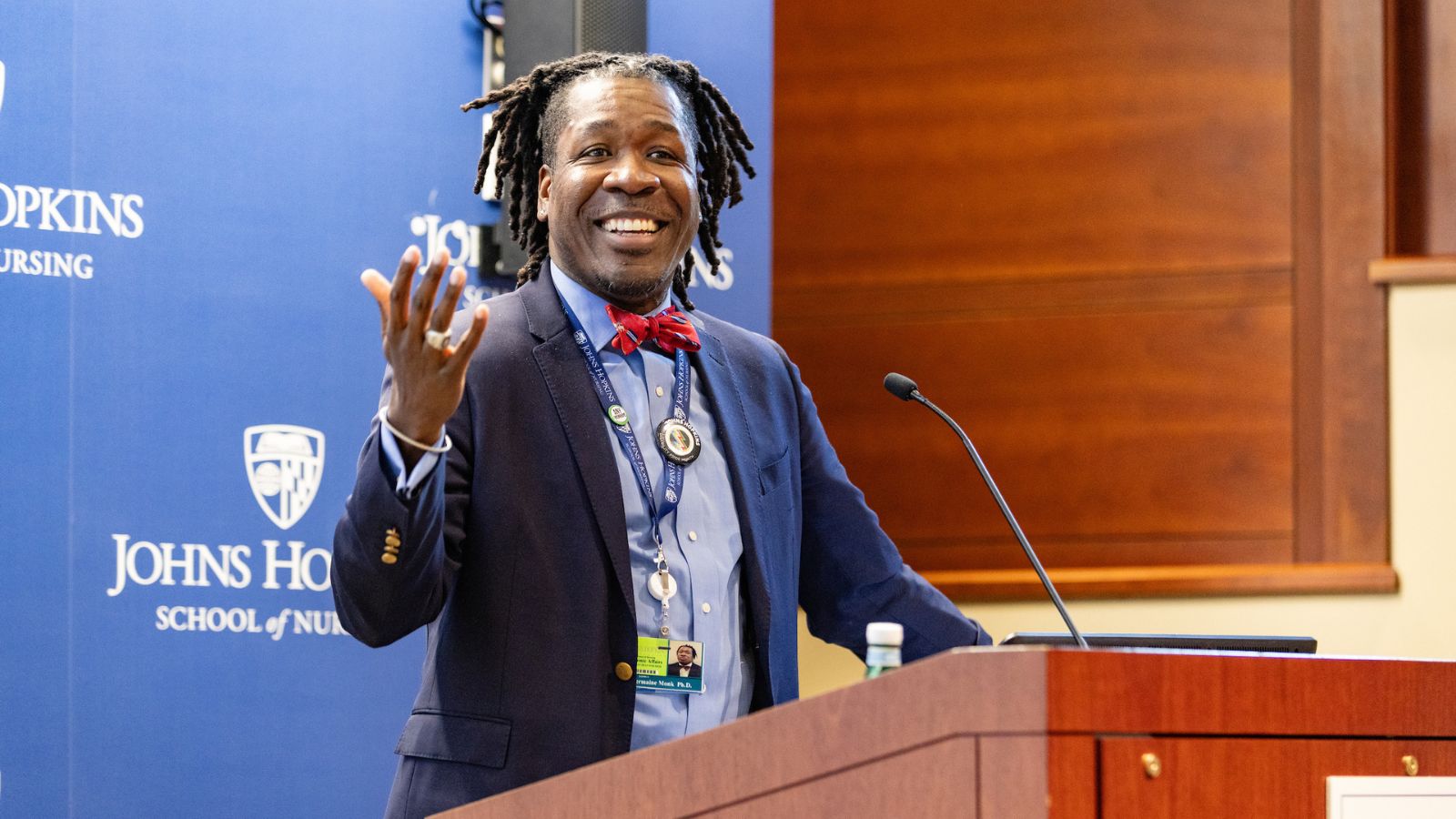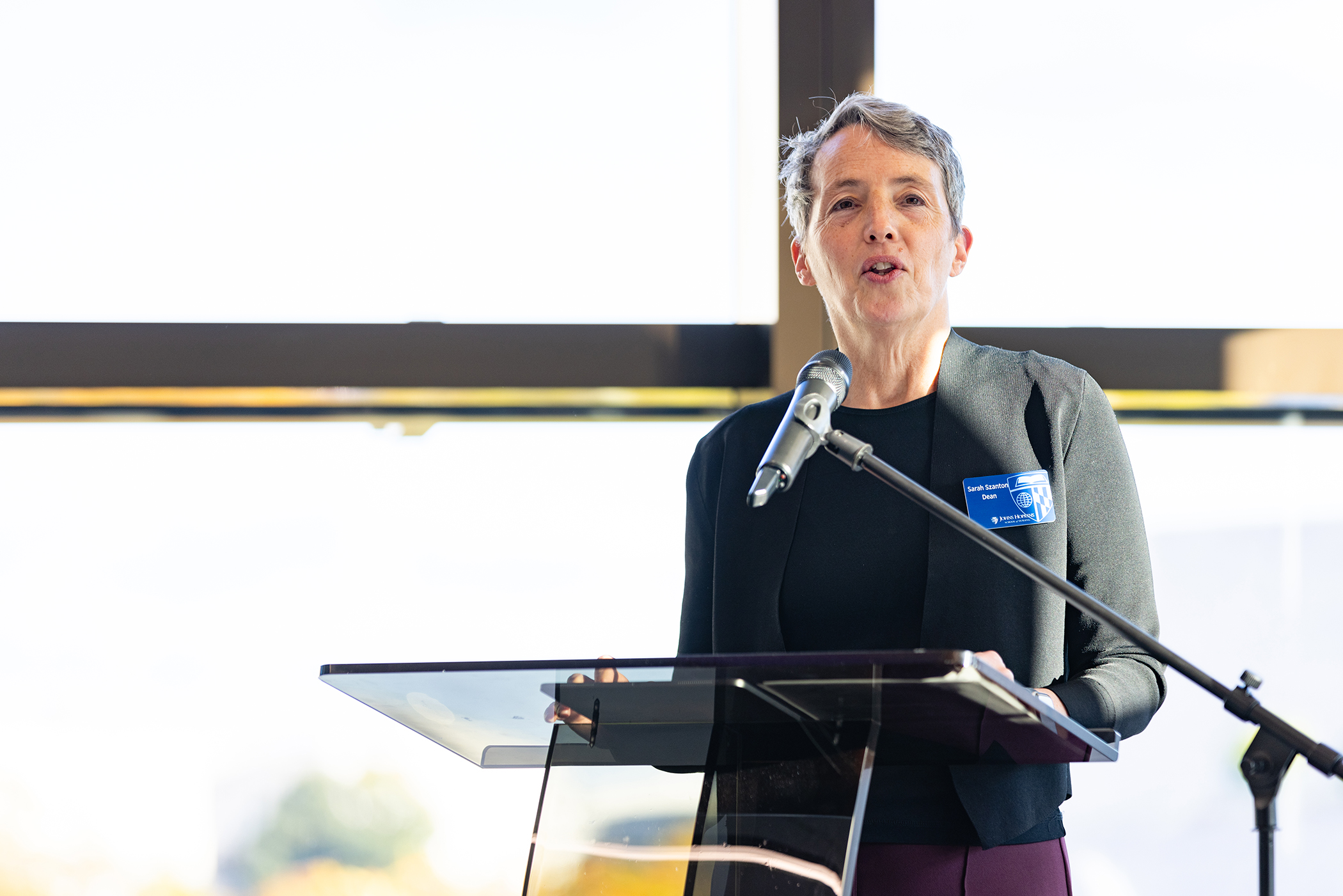Collaborations are key to achieving equity and efficiency in care
by Ronald J. Daniels
Nurses have long, and deservedly, occupied a hallowed place in our lives, our history, and our imaginations. But not since the time of Florence Nightingale, “The Lady with the Lamp,” has the role of nurses been as recognized as it is now. As we experience a renaissance in nursing in America, and indeed throughout healthcare globally, nurses are once again at the forefront, helping to lead the way to a different kind of healthcare.
We are confronting profound challenges to healthcare in this country:
- The costs of illness-centered, rather than wellness-centered, healthcare have overwhelmed our system. There is clear recognition that we must redirect resources from late-stage disease treatment to behavioral management and disease prevention.
- The extension of healthcare coverage to 32 million currently uninsured Americans is exacerbating concerns about growing costs. Under current protocols, we are not prepared to treat these patients effectively.
- As our population ages, we face a growing need to simultaneously manage complex and interrelated illnesses and conditions.

A host of organizations are engaged in addressing these challenges. In October, the Robert Wood Johnson Foundation and the Institute of Medicine published “The Future of Nursing,” the result of a two-year initiative to assess and transform the nursing profession. These groups, and others such as the Carnegie and Josiah Macy Foundations, are exploring ways of enhancing the role of nursing in our healthcare system and the implications of potential changes on the education of our nurses.
But we cannot understand proposals for the changing roles of nurses without appreciating the complex interplay between nursing and other health professions. Of course, this is one of the inherent benefits of our constellation of expertise in East Baltimore.
From my first days at Johns Hopkins, I have been impressed by the sophis-ticated research and education taking place in our nursing school. I have watched as many critical discussions also engaged colleagues across the School of Medicine, the Bloomberg School of Public Health, and the Johns Hopkins Health System.
This cross-divisional engagement is both appropriate and necessary. Only through rigorous interdisciplinary collaboration will we be able to fashion solutions that reconcile our commitment to broad access to healthcare with the reality of resource scarcity. The benefits of these collaborations are seen in efforts ranging from patient safety to population disease management.
To maintain Johns Hopkins’ leadership position, we must continue supporting and enriching the networks that link our East Baltimore institutions. But these efforts cannot be confined to those campuses. We will need to continue drawing on insight from disciplines across the university— anthropology, economics, engineering, ethics, political science and psychology— to understand the choices that confront us as we align our desires to achieve equity and efficiency in healthcare.
If we do so, we will continue to carry the lamp and light the way into the future.
 Forging Policy: How Can Doulas Improve Black Maternal Health?
Forging Policy: How Can Doulas Improve Black Maternal Health? Forging Policy: Associate Dean Jermaine Monk and Education After Affirmative Action
Forging Policy: Associate Dean Jermaine Monk and Education After Affirmative Action Most People Want to Breastfeed, But Need More Support To Do So
Most People Want to Breastfeed, But Need More Support To Do So Awards for Diversity
Awards for Diversity From the Dean: Here & Now
From the Dean: Here & Now






